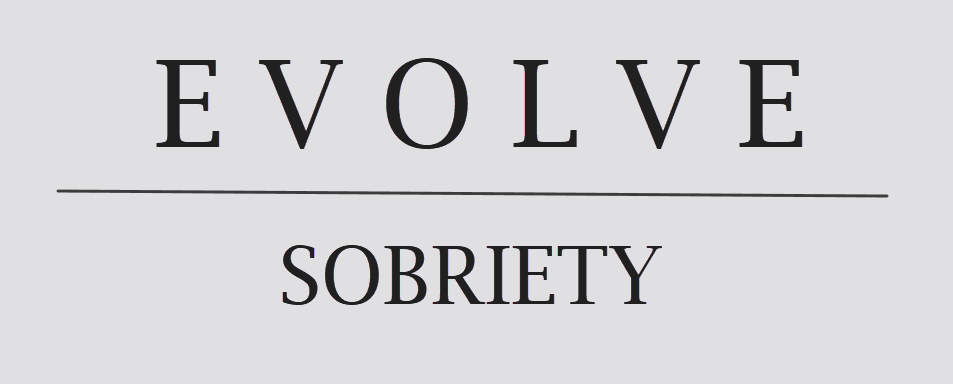Recognizing Abuse and Violence & Seeking Help and Healing

What Is Violence or Abuse?
Abuse and violence are broad terms that refer to a variety of actions and behaviors that cause harm to others on a physical, emotional, sexual, or psychological level. Aggressive behaviors like beating, punching, and restraining are examples of physical abuse. Manipulation, intimidation, or unrelenting criticism that diminishes a person’s value in themselves are examples of emotional abuse. Any type of compulsion or non-consensual sexual contact is considered sexual abuse. By employing strategies like isolation or gaslighting, psychological abuse causes emotional trauma. Understanding the intricacy of these circumstances requires an awareness of the many types of abuse and how they affect victims.
Signs and Effects of Violence or Abuse
Understanding the subtle differences between behavioral, emotional, and physical markers is essential to spotting abuse and violence signs. Physical indicators may include bruises, marks on the body, or unexplained injuries. Abrupt behavioral changes, such as heightened anxiety, despair, or social disengagement, can be indicative of emotional symptoms. The victims may exhibit helplessness, fear, or hypervigilance. These symptoms frequently point to an underlying problem of abuse or violence that has to be addressed right away.
Coping Mechanisms and Recovery
Recovering from violence or abuse is a complex and incredibly personal process. Seeking professional assistance from qualified therapists or counselors with training in trauma recovery is a common tactic used by coping mechanisms. Cognitive-behavioral therapy (CBT) is a therapeutic strategy that assists people in processing their experiences, challenging harmful thought patterns, and developing constructive coping skills. Group therapy sessions, mindfulness exercises, and relaxation methods foster a secure space where people can express themselves and reestablish a sense of security and value in themselves.


Customized Rehab Plans and Assistance Services
Healing from violence or abuse frequently includes treating underlying addictions that may have arisen as a coping method. Our detoxification and rehab institutions in several Canadian locations offer customized rehabilitation programs based on each patient’s needs. These programs combine behavioral health techniques, dual diagnosis evaluations, and addiction therapy. In order to address the trauma of abuse as well as the difficulties associated with addiction, individualized treatment plans are developed in partnership with addiction counselors and mental health specialists.
A Comprehensive Approach to Drug Abuse and Addiction
Substance misuse and violent or abusive situations often coexist. Our method integrates comprehensive behavioral health strategies with evidence-based addiction treatment. Both inpatient and outpatient programs seek to treat the psychological and emotional underpinnings of addiction as well as the physical need for drugs. Our programs place a strong emphasis on a holistic rehabilitation strategy that recognizes the connections between mental, emotional, and physical health.
The Role of Mental Health in the Healing Process
A key component of the process of recovering from abuse or violence is mental health. A major focus for our staff is doing thorough mental health exams. Our programs incorporate specialized behavioral health services to address the underlying psychological issues that people confront. In addition to providing addiction treatment, our goal is to prioritize mental health care in order to foster a friendly environment that promotes long-term recovery and overall well-being.
Connecting Communities for Revolution
Our commitment is to foster safer settings through active community engagement throughout Canada. Our goal is to stop abuse and violence by distributing resources, organizing awareness campaigns, and launching educational programs. Our outreach encourages a collaborative effort toward good change. It reaches Ontario, Toronto, Montreal, Calgary, Alberta, Ottawa, Quebec, Manitoba, Winnipeg, Halifax, New Brunswick, Charlottetown, Nova Scotia, Prince Edward Island, Newfoundland and Labrador, St. John’s, and Fredericton.
Conclusion
Recovering from violence or abuse is a difficult and highly private process. We are dedicated to offering a continuum of care that is customized to meet the specific needs of every patient at our rehab facilities and mental health services located throughout Canada. We want to support people on their path to recovery by providing comprehensive mental health treatments, specialist addiction treatment, and dual diagnosis support, giving them the resources, they need to reclaim their lives and move past their terrible experiences.
